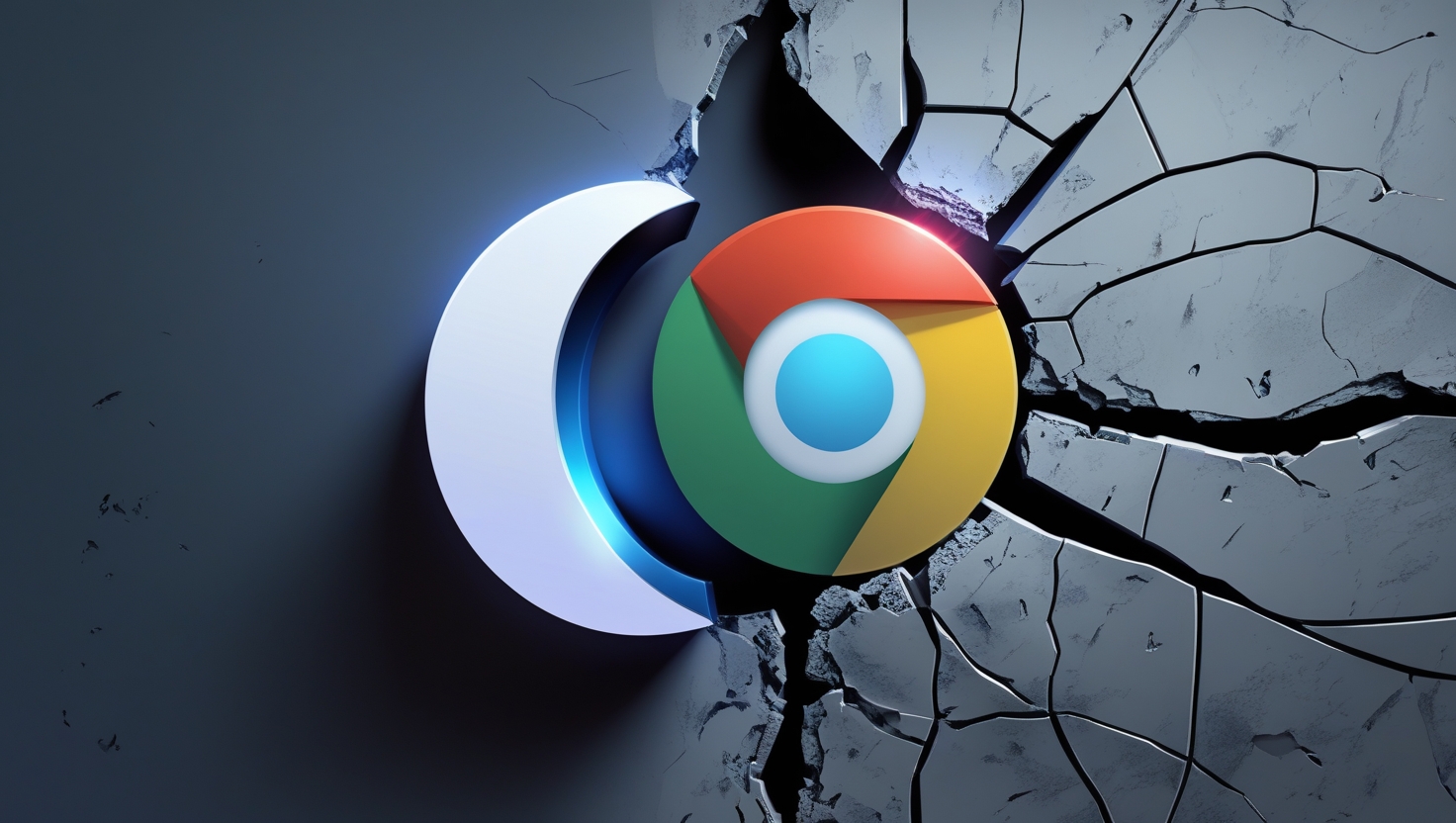Google Chrome Update—Bad News for Microsoft Windows?
Google Chrome, the world’s most popular web browser, has released a significant update that might leave some Microsoft Windows users less than thrilled. With new features and performance enhancements tailored to modern operating systems, this update signals a shift in priorities that could have implications for Windows users, particularly those on older systems.
Google’s Big Move
The latest Chrome update focuses heavily on performance optimization and security, taking full advantage of the capabilities offered by newer operating systems. As part of this strategy, Google has announced it will end support for Windows 7 and Windows 8.1, effective immediately. Users of these outdated versions of Windows will no longer receive updates, leaving them exposed to potential security risks.
According to Google, this decision was driven by the need to streamline development and leverage modern technologies that are only available on more recent operating systems, such as Windows 10 and Windows 11.
Why This Matters
Microsoft officially ended extended support for Windows 7 in January 2020 and Windows 8.1 on January 10, 2023. Despite this, millions of users still rely on these versions of Windows, often due to legacy software compatibility or hardware limitations. Chrome’s decision to end support for these systems further narrows the options for those reluctant or unable to upgrade.
For users on Windows 10 or 11, the update brings improved performance, enhanced memory management, and a host of new features aimed at improving user experience. However, those still using Windows 7 or 8.1 are now at a crossroads: either upgrade their systems or risk operating without a secure and modern browser.
Implications for Windows
This move underscores the increasing challenge for Microsoft in encouraging users to migrate to newer operating systems. While Windows 10 adoption rates are high, a significant portion of users have yet to transition to Windows 11 due to its higher system requirements.
Google’s decision puts additional pressure on users to abandon older systems, which could lead to a ripple effect in the broader tech ecosystem. Developers may follow Chrome’s lead, leaving behind legacy Windows versions as they focus on modern platforms. This shift could accelerate the obsolescence of older hardware and software, pushing more users toward costly upgrades.
What’s Next for Users?
For those affected by the update, here are some steps to consider:
- Upgrade to a Supported OS: If your hardware supports it, consider upgrading to Windows 10 or 11 to stay compatible with modern applications like Chrome.
- Explore Alternative Browsers: Some browsers may continue to support older Windows versions, though they too might eventually phase out support.
- Enhance Security Measures: If upgrading isn’t feasible, ensure your system is protected with robust antivirus software and avoid high-risk online activities.
Conclusion
While Google’s latest Chrome update is a win for performance and security on modern systems, it’s a wake-up call for users of older Windows versions. The tech world’s march toward modernization waits for no one, and this update highlights the need for individuals and businesses to stay ahead of the curve. For Microsoft, it’s another reminder of the challenges in ensuring all users keep pace with the evolution of technology.


